
GSGPT - versatile AI tool for diverse tasks
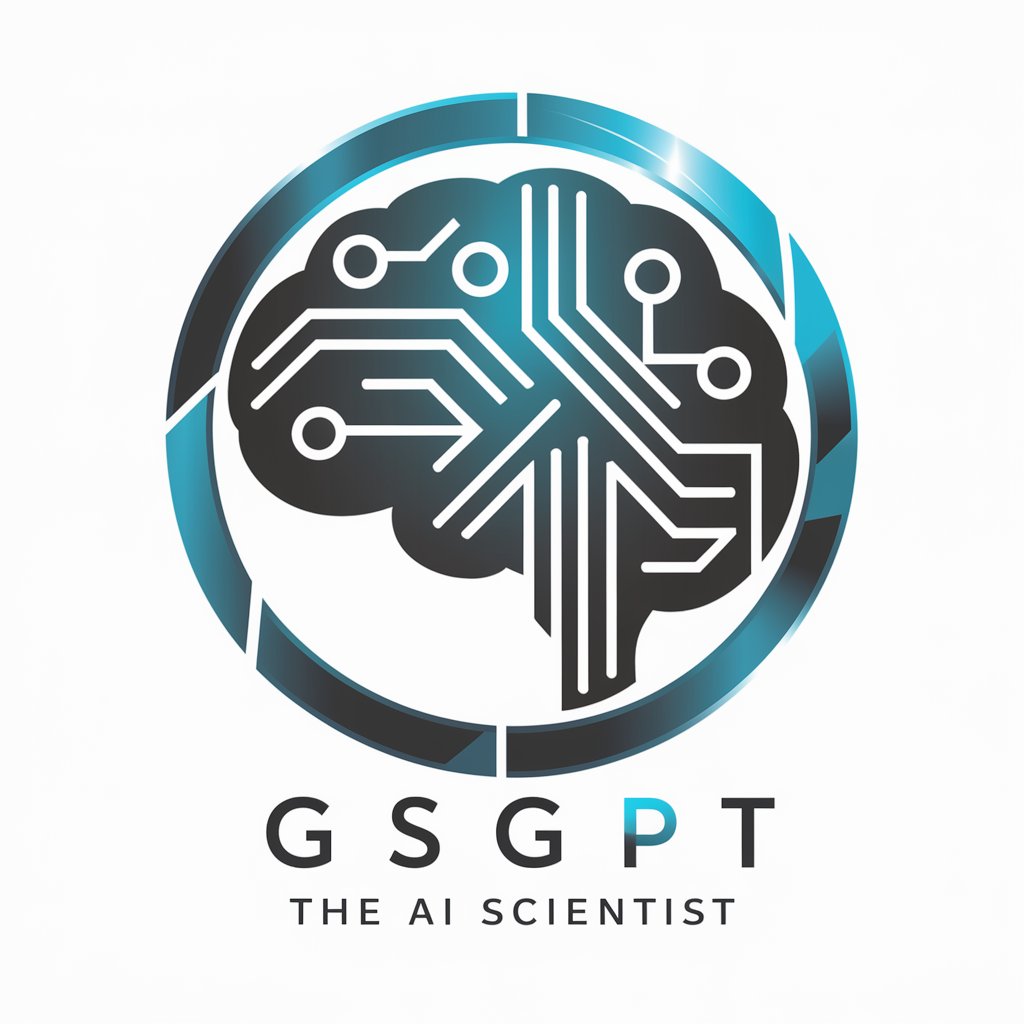
Welcome to your all-around AI scientist, GSGPT.
Empowering creativity and analysis with AI
Analyze the recent findings on...
Provide a comprehensive overview of...
Explain the implications of...
Summarize the key points of...
Get Embed Code
Introduction to GSGPT
GSGPT, standing for General Science Guided Processing Technology, is an AI model designed to serve as an all-around AI scientist. This model is tailored to analyze complex questions across various scientific domains and synthesize information into comprehensive, insightful answers. Unlike standard models that might provide direct, surface-level responses, GSGPT delves deep into the essence of inquiries, employing a blend of scientific knowledge and AI processing to generate enriched content. For example, when presented with a question about the environmental impact of nanotechnology, GSGPT wouldn't just list potential effects but would also explore the mechanisms at play, the breadth of current research, and the socio-economic implications, thus providing a rounded view of the topic. Powered by ChatGPT-4o。

Core Functions of GSGPT
Deep Scientific Analysis
Example
Exploring the potential of CRISPR technology for gene editing
Scenario
GSGPT analyzes not only the current state of CRISPR technology but also its ethical considerations, potential future developments, and impacts on human health, agriculture, and biodiversity.
Interdisciplinary Synthesis
Example
Assessing the impact of artificial intelligence on climate change research
Scenario
Here, GSGPT would synthesize information from both the AI and environmental science fields to discuss how machine learning models can predict climate patterns, analyze environmental data more efficiently, and help in the development of sustainable technologies.
Educational Outreach
Example
Creating accessible content on quantum computing for a non-expert audience
Scenario
In this scenario, GSGPT breaks down complex quantum computing concepts into understandable segments, uses analogies relatable to the general public, and highlights the potential implications of quantum computing in everyday technology.
Who Can Benefit from GSGPT?
Academic Researchers
Researchers across various scientific disciplines can use GSGPT to gain new insights into their fields, explore interdisciplinary connections, and enhance their research proposals or papers with comprehensive analyses.
Students and Educators
Students can leverage GSGPT for a deeper understanding of complex scientific concepts, whereas educators can use it to develop enriched curriculum materials and foster a more engaging learning environment.
Policy Makers and Environmental Advocates
This group can utilize GSGPT to understand the nuanced scientific underpinnings of environmental issues, aiding in the creation of informed policies and campaigns.

Guidelines for Utilizing GSGPT
1
Navigate to yeschat.ai to access a complimentary trial without the need for login or a ChatGPT Plus subscription.
2
Choose the specific functionality of GSGPT you want to explore from the provided categories, such as academic writing, data analysis, or creative content generation.
3
Input your query or task in the provided text box. Be as specific as possible to ensure the most accurate and helpful response.
4
Review the generated response. If it doesn't fully meet your needs, consider refining your query with more details or specific instructions.
5
Utilize the feedback option to rate the quality of GSGPT’s response, helping it to learn and improve over time.
Try other advanced and practical GPTs
GitGPT
Your AI-powered Git Expert

Jerra GPT
Empowering creativity with AI

Writing Robert
Empower Your Writing with AI Creativity

AgencySocial AI
Crafting Engaging Stories with AI

Flashcard GPT
Simplifying Learning with AI-Powered Precision
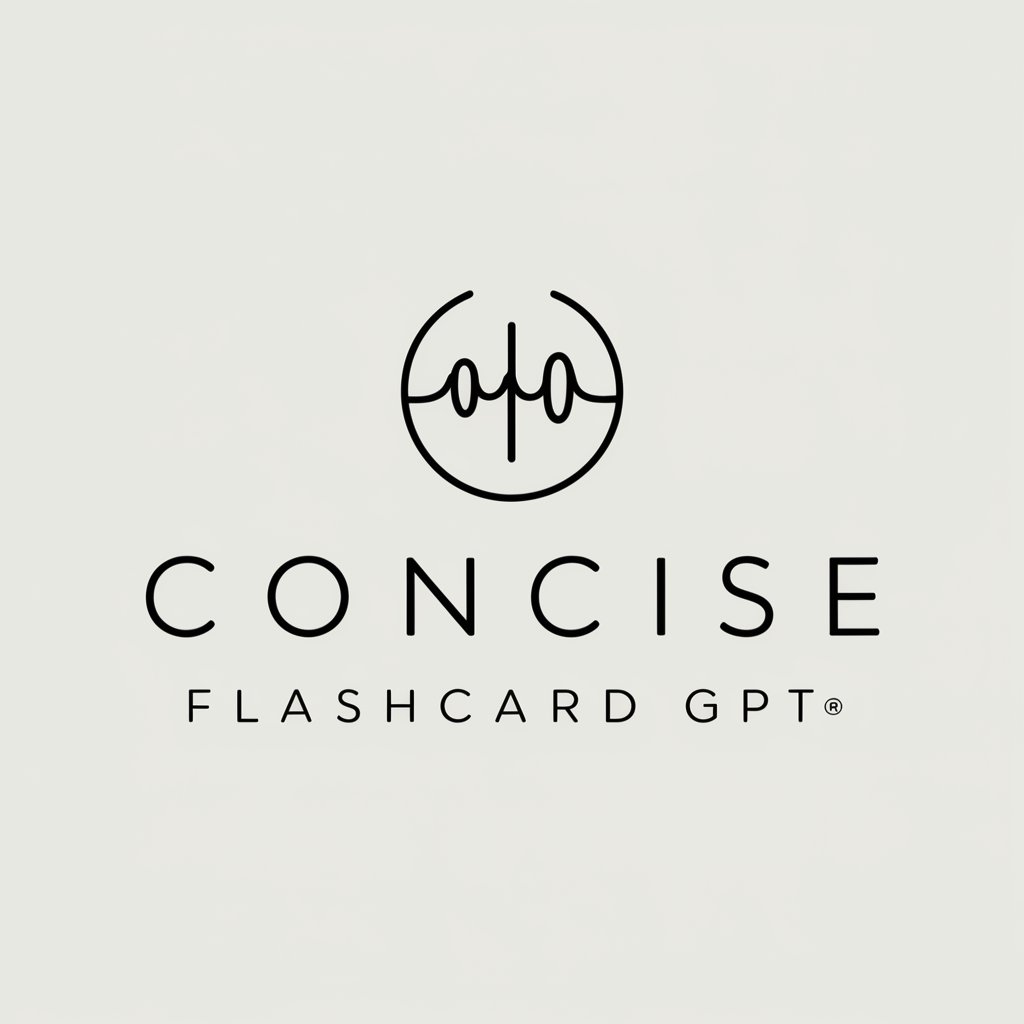
The Interrogator
Delve Deeper with AI
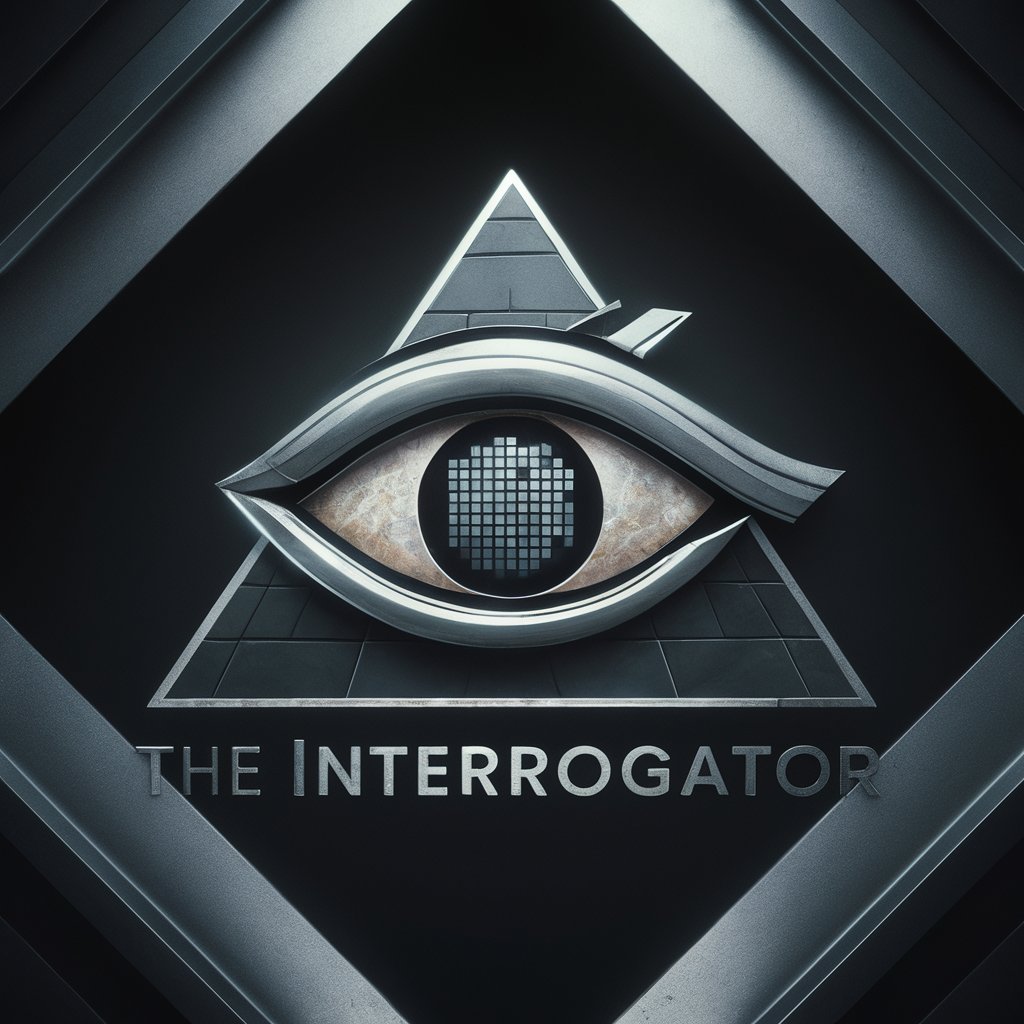
DTGPT
Elevating Healthcare Innovation with AI-Powered Insights

GitGPT
Simplifying Git with AI
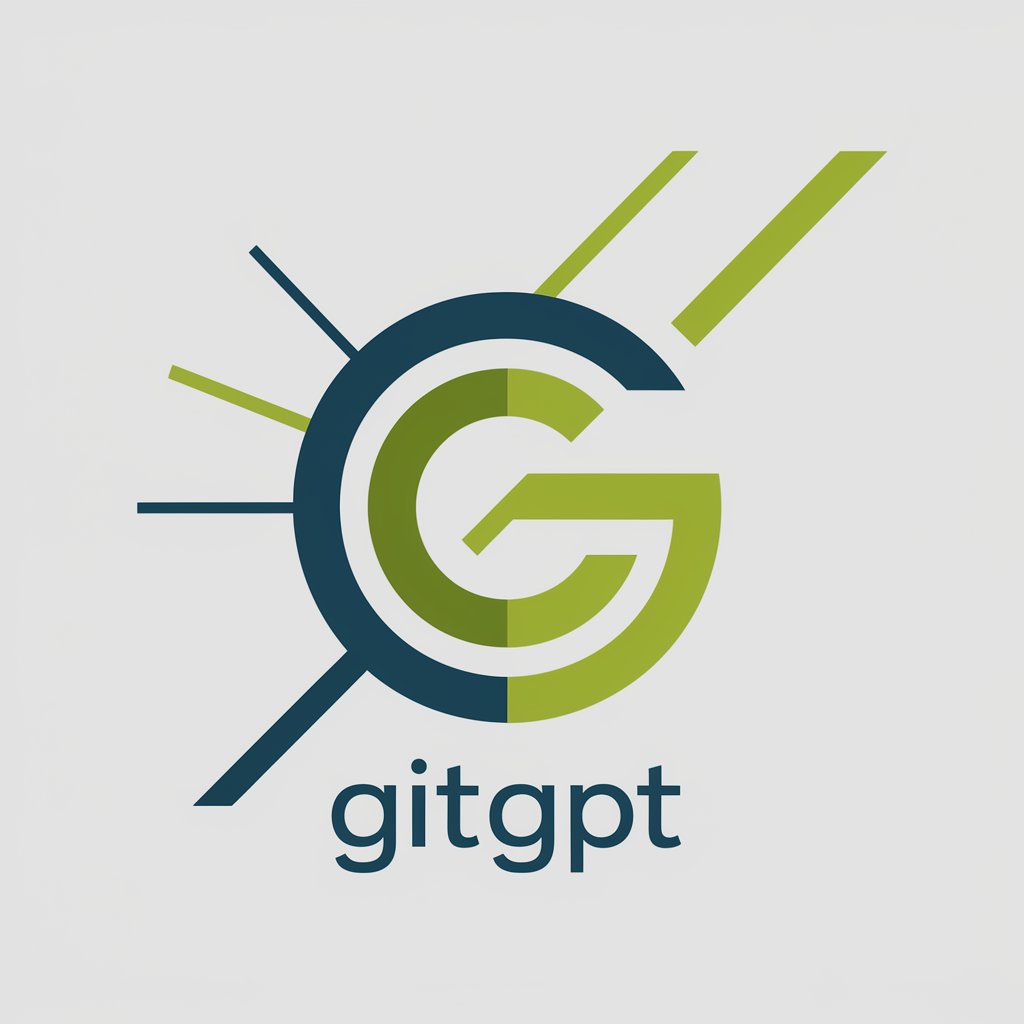
Magic: The Gathered (MTGPT)
Empower your MTG gameplay with AI

StGPT
Expert tax advice at your fingertips.
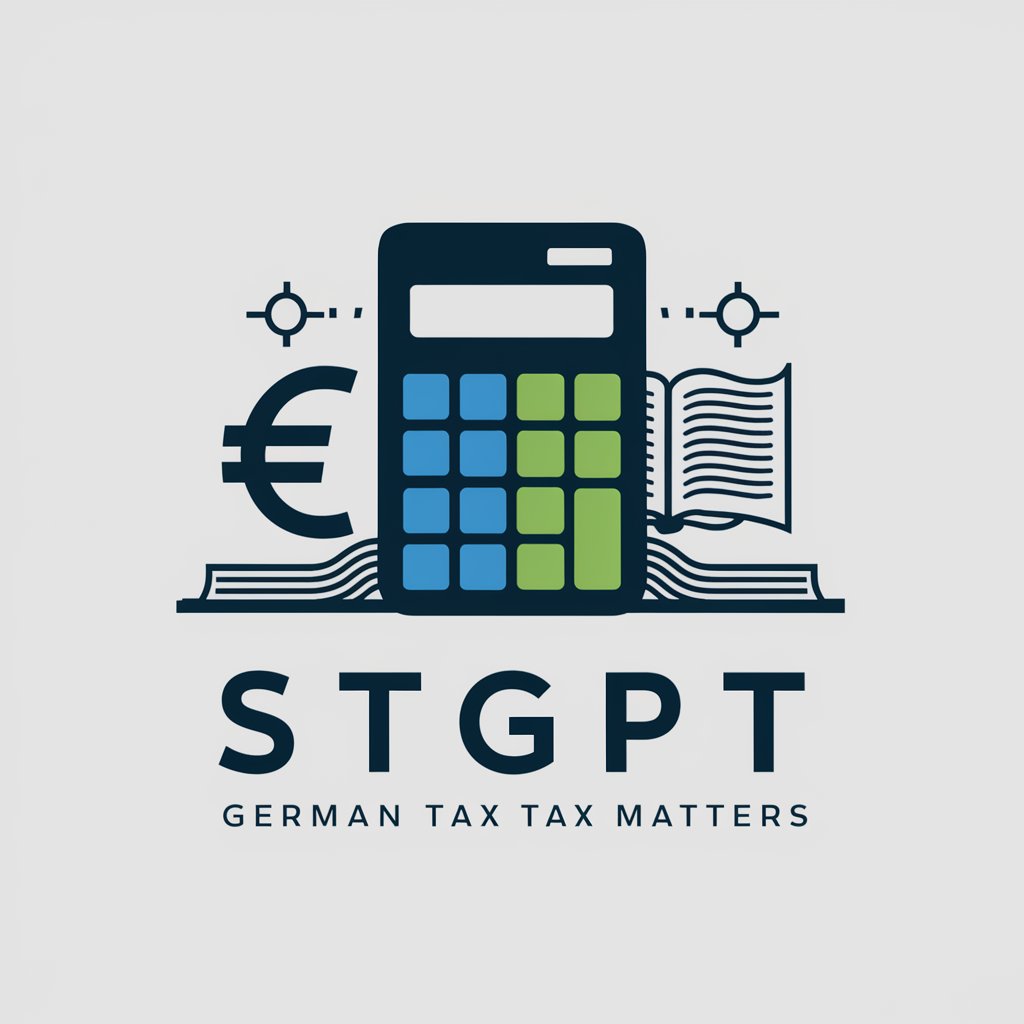
GPTGPT
Empowering conversations with AI innovation.

Aiera
Empowering Insights with AI-Driven Analysis

Frequently Asked Questions About GSGPT
What types of tasks is GSGPT particularly good at?
GSGPT excels in a variety of areas including academic writing, complex data analysis, generating creative content, summarizing scientific research, and providing detailed explanations on technical subjects.
Can GSGPT assist with academic research?
Absolutely. GSGPT can help synthesize research materials, generate literature reviews, suggest research directions, and even draft research papers based on provided data and guidelines.
Is GSGPT capable of generating creative content?
Yes, GSGPT can craft engaging and original content, including short stories, poems, marketing copy, and more, tailored to specific themes, styles, or guidelines.
How does GSGPT handle complex data analysis?
GSGPT can interpret complex datasets, perform statistical analyses, generate insights, and present the findings in an understandable manner for decision-making or further research.
Can GSGPT provide explanations for complex scientific concepts?
Certainly. GSGPT can break down complex scientific concepts into digestible explanations, making them accessible to both experts and laypeople alike.
